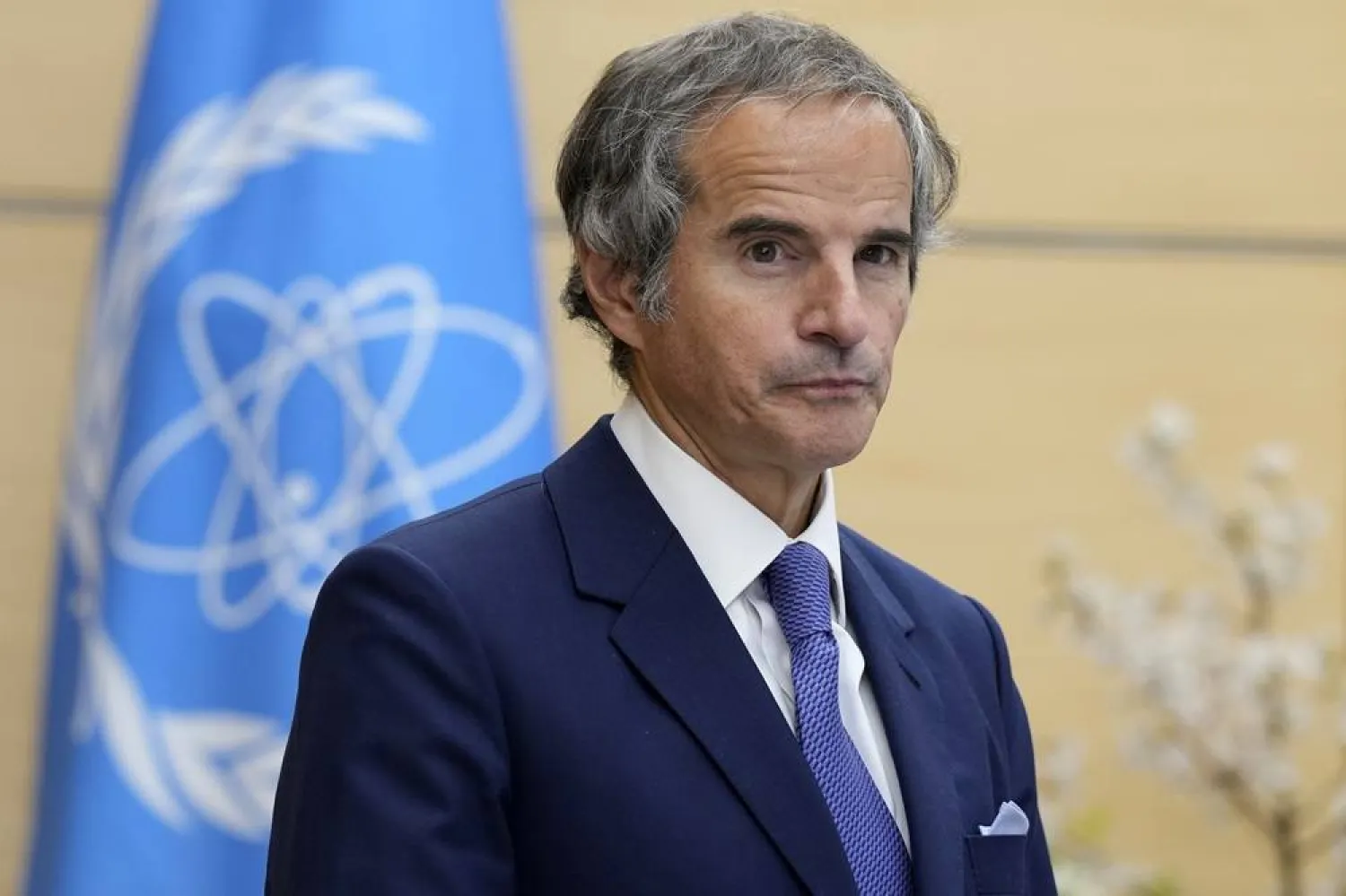The head of the United Nations’ nuclear watchdog said Sunday he will travel to Iran in the coming days to hold talks regarding the country's nuclear program. The visit comes amid wider tensions gripping the Mideast over the Israel-Hamas war and uncertainty over how US President-elect Donald Trump will approach Iran after his inauguration in January.
Specifically, the Director General of the International Atomic Energy Agency, Mariano Grossi, will have high level meetings with the Iranian government and will hold technical discussions on all aspects related to the joint statement agreed with Iran in March 2023.
It is intended as a path forward for cooperation between the IAEA and Iran on how to expand inspections of the Islamic Republic’s rapidly advancing atomic program.
The 2023 statement included a pledge by Iran to resolve issues around sites where inspectors have questions about possible undeclared nuclear activity, and to allow the IAEA to "implement further appropriate verification and monitoring activities."
The meetings in Tehran will build on Grossi's discussions with Iranian Foreign Minister Abbas Araghchi on the sidelines of the United Nations General Assembly in September, a statement by the IAEA said.
"It is essential that we make substantive progress in the implementation of the joint statement agreed with Iran in March 2023," Grossi said. "My visit to Tehran will be very important in that regard."
Iran is rapidly advancing its atomic program and continues to increase its stockpile of uranium enriched to near weapons-grade levels in defiance of international demands, according to recent reports by the IAEA.
Grossi, has warned that Tehran has enough uranium enriched to near-weapons-grade levels to make "several" nuclear bombs if it chose to do so. He has acknowledged the UN agency cannot guarantee that none of Iran’s centrifuges may have been peeled away for clandestine enrichment.
Iran’s 2015 landmark nuclear deal with world powers had put limits on its nuclear program — which the West fears could be used for making nuclear weapons although Tehran insists is only for peaceful purposes — while lifting punitive economic sanctions imposed on Iran.
But the deal collapsed after the Trump administration in 2018 pulled the United States out of the agreement, leading Iran to abandon all limits the deal had put on its program and enrich uranium to up to 60% purity.
That is just a short, technical step away from weapons-grade levels of 90%. By IAEA’s definition, around 42 kilograms (92.5 pounds) of uranium enriched to 60% is the amount at which creating one atomic weapon is theoretically possible.
As Trump is to take office again in a few weeks, Iranians are divided on what his next presidency will bring. Some foresee an all-out war between Tehran and Washington, particularly as other conflicts rage in the region. Others hold out hope that America’s 47th president might engage in unexpected diplomacy as he did with North Korea.









